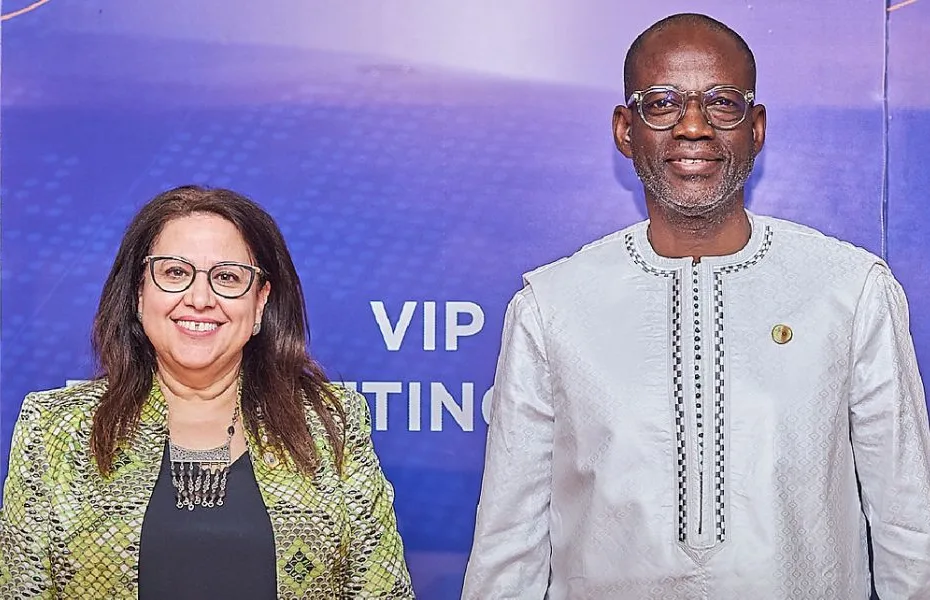The World Bank has teamed up with Smart Africa to expand the Smart Africa Digital Academy (SADA) initiative.
The aim of the partnership is to shift the focus from just one country to a whole region, as part of the Western Africa Regional Digital Integration Program (WARDIP).
The World Bank has put in a $20 million grant for 5 years. This expansion will use what’s already been done with the SADA and AReg4DT program.
The goal is to educate a fresh set of policymakers and regulators throughout Africa. They’ll be taught how to utilize digital technology in an environmentally friendly and inclusive manner.
Together, they’ll work towards establishing a unified digital market across Africa.
To achieve this goal, the expansion will involve training 30,000 different policymakers and decision-makers from every African country.
They aim for 40% of the participants to be female. Given the World Bank’s dedication to digital transformation in Africa this grant will aid in regional integration and the quick adoption of a single digital market for the continent.
The Rise of the SADA
The Smart Africa Alliance launched the Smart Africa Digital Academy (SADA) with around $30,000 in August 2020.
It was the first online training for policymakers and decision-makers. SADA has made big progress in teaching digital skills and creating a lively learning environment in Africa.
It got initial funding from the Norwegian Agency for Development Cooperation (NORAD), the German Federal Ministry for Corporation and Development, and Deutsche Gesellschaft für Internationale Zusammenarbeit (GIZ) GmbH (BMZ /GIZ).
SADA’s goal is to close the gap in digital skills in African countries. Additionally, it wants to help people get better jobs and meet the growing need for skilled workers in Africa.
Since it started, SADA has trained over 7,000 people in 35 African countries on different digital topics.
Also Read; OMEA and Microsoft Partner to Empower SMEs with Digital Transformation in Africa and the Middle East
Empowering Africa’s Digital Future
While commenting on the partnership with the World Bank, the CEO of Smart Africa, Mr. Lacina Koné stated,
“At the heart of the digital transformation lies the need to bridge the digital skills gap of our continent’s future and present workforce.
“Today, I am pleased to announce that SADA, our capacity building vehicle, is geared to reach a new milestone thanks to our key development partner, The World Bank”.
Boutheina Guermazi, World Bank Director for Regional Integration for Africa and the Middle East added,
“DTfA/ WARDIP is a crucial step toward an interconnected, innovative, and inclusive future for West Africa.
“Beyond shaping a digital landscape, it aims to foster regional integration through collaboration and strategic investments.
“It will break down barriers, cultivate a dynamic digital ecosystem, and empower local communities and businesses to thrive in the digital age”.
As SADA moves forward, it will focus on teaching practical skills that prepare people for jobs in Africa and elsewhere.
The COVID-19 pandemic highlighted the importance of integrating ICT and digital skills into Africa’s education system.
SADA will help achieve this by training teachers and students in Science, Technology, Engineering, Arts, and Mathematics (STEAM).
Moreover, it has five main target groups: Policy and Decision Makers, Youth and Entrepreneurs, Teachers and Students, Digital Experts, and the General Public.
SADA brings together existing initiatives and works with the Smart Africa Alliance to develop solutions in collaboration with countries and international and private organizations like the World Bank, ITU, BMZ, GIZ, IEEE, GSMA, USTTI, and major tech companies.

